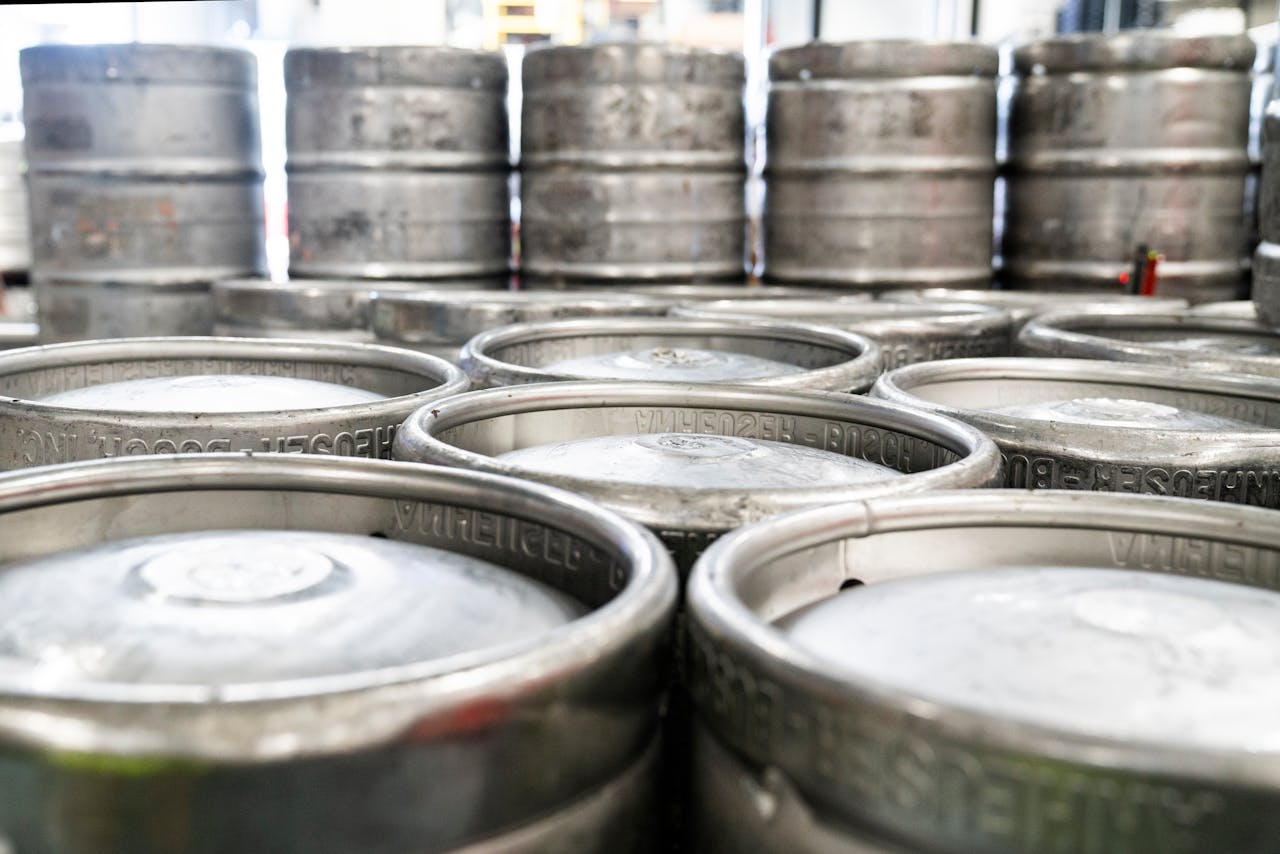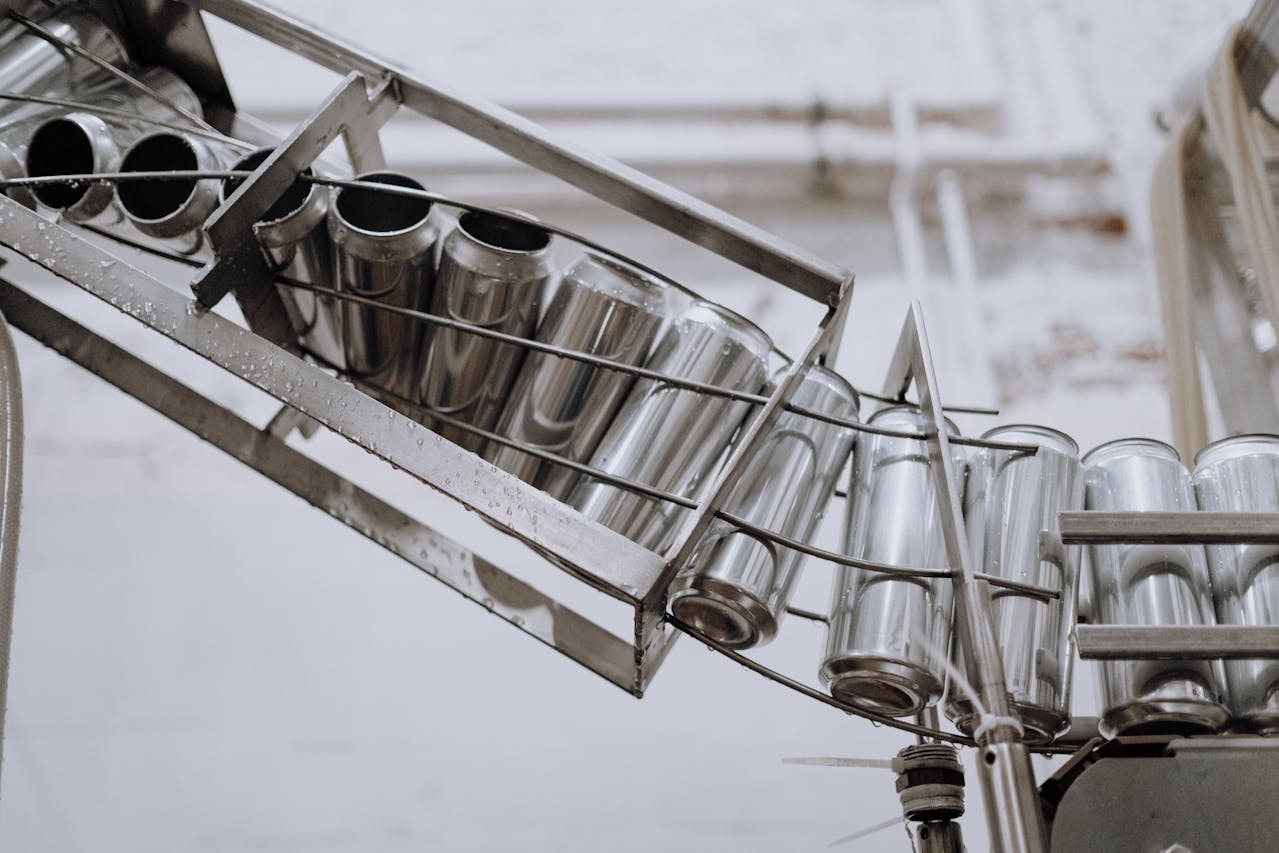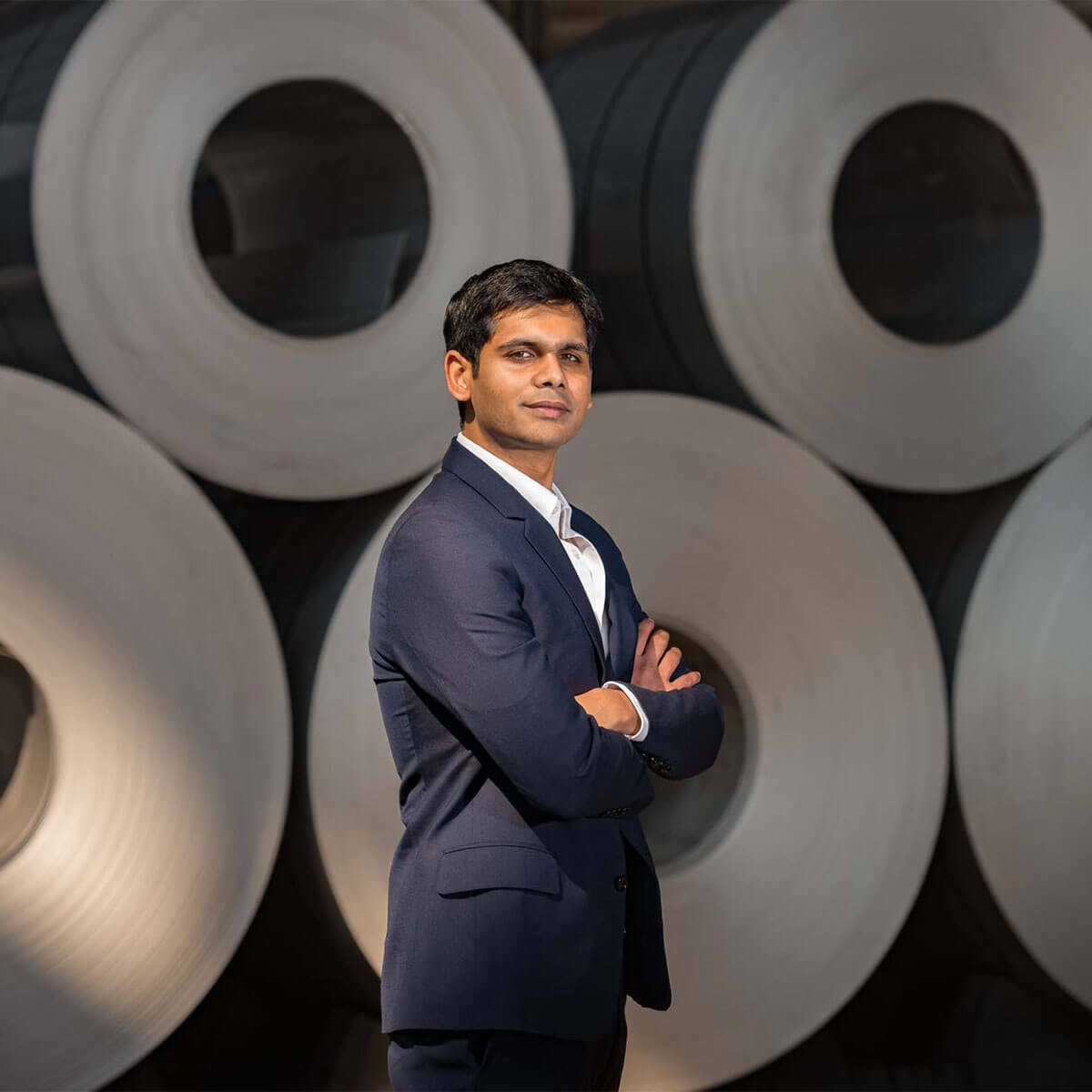The Golden Triangle of Customer Focus
August 8, 2020

COVID-19, a pandemic of such global proportions, is the first, and hopefully the last, being witnessed by living generations today. Not just stainless steel manufacturing, it has affected every single industry in one way or the other. As we come to grapple with the many uncertainties that have emerged from this disease, there is at least one thing we are rather certain about – that there’s no getting away from it. And therefore, as people, as companies, and even as economies, what we can and must do, is maximize whatever options are available. To say it simply, we have to quickly master living with it, and find our ways around it.
For a long time now, the world has been in a state of VUCA: Volatile, Uncertain, Complex and Ambiguous. International trade flows have been a part of domestic business life. In stainless steel and many other industries, involved in both B2B and B2C environment, irresponsible behavior of some companies and countries has aggravated trade wars. This includes excessive expansion, non-WTO compliant support by way of subsidies, dumping of products, and hostile takeovers among many others. The global level playing field has been distorted by such practices. The imposition of 25% duties under Section 232 on most of the countries by USA in 2018, application of safeguard quota by EU, and imposition of anti dumping duty (ADD) on Indonesia by China are some cases in point. Today, in the category of stainless steel, out of the total Trade Remedial Cases in place or initiated, 60% are post-2018. Among the total, China appears in about 70% cases and the newcomer Indonesia in about half the cases.
Due to the alleged role of China in current pandemic situation, the global economic and trade sentiment has turned against Chinese products and Chinese investments. As a result, many countries are flexing their muscles to impose additional trade barriers to create level playing field. In fact, even during COVID-19 period, EU imposed interim ADD on some of the stainless steel flat products from China, Indonesia, and Taiwan. And to avoid hostile takeovers by Chinese companies, countries are enforcing investment restrictions.
India has always been struggling against unfair imports of stainless steel despite having adequate and underutilized capacities and capabilities to produce practically every stainless steel flat product. In fact, Indian stainless steel products are well accepted in advanced developed economies like North America and EU. Being a developing and a big growth market, India has been an attractive destination for dumping of goods. Merely two cost elements, Cost of Capital and Cost of Logistics, comprise a difference of 10-12% in comparison with countries against which Indian manufacturers compete. Interestingly, these uncompetitive factors actually sit outside the manufacturing units.
Another challenge is that of subdued and uncertain economic activity. Any kind of objective forecasting is nearly impossible. Added to this are the routine and multiplied challenges of profitability and cash flows faced by all industries at this hour. Several MSMEs are finding it difficult to comply with a whole host of regulatory requirements. This is over and above the genuine of fear of employees reluctant to re-join work. Suddenly, we’re finding past experience and rules getting slowly redundant. Even as we ramp up production gradually, which in itself is a challenge, the interruption in supply chains is impacting the entire ecosystem. Allied industries in upstream and downstream businesses are faced with the same situation. The dilemma of productivity evaluation and cost-benefit analysis between offline working and working-from-anywhere (WFA) persists without clarity or consensus.
When it comes to customer expectations, COVID-19 has not changed the fundamentals. The dynamics within those expectations may have changed, but the broad contours remain the same. The golden triangle of customer focus, in my opinion holds meaning more than ever before. These three principles are, respect– the feeling of being treated with dignity and importance; recognition– taking cognizance of individual needs like customization, communication, quality, inventory, redressal mechanism, documentation, product consistency, product packaging etc., and catering to them; and fair play– in costing, credit, policies, process, fill rate, lead time etc, and that too, with complete transparency.
Micro, Small, and Medium Enterprises (MSMEs) constitute over one-third of manufacturing GDP in India, about 40% of the total stainless steel flat production in India. As the industry leader, Jindal Stainless consciously fosters ancillary industries. For instance, in Hisar (Haryana), several MSMEs have emerged around our plant area without any government support. Taken together, their annual capacity is that of 1.75 lakh tonnes, which translates into an annual turnover of approximately INR 3,000 crore in value terms. We’ve handheld MSMEs to meet demand for segments like stainless steel tubes, utensils, fabrication segment, and auto parts. In and around Jajpur (Odisha), with the facilitation of government, we expect an even more organized and successful growth story.
The Government has already recognized this and has turned its focus on infrastructural development by investing INR 100 lakh crore in the National Infrastructure Pipeline. However, such initiatives are time-consuming, and till then, the industry needs a level playing field. The situation is more severe now as Indian stainless steel industry, MSMEs in particular, struggle to re-start operations, while our competitors in China and Asia have already moved ahead in the COVID-19 curve. The FTA arrangements and circumvention of China material is further fuelling the financial crisis. Industry needs immediate relief and has represented to the Government for imposing suitable tariff and non tariff barriers.
The government has already mooted a bold plan for self-reliance, indicating that indigenous industry will be prioritized above imports in a post-COVID-19 India. To do that, while also keeping prices competitive for end customers, government will need to expedite projects that increase our industries’ competitiveness. This means that plans like National Infrastructure Pipelines will create many opportunities for stainless steel. The health and medical industry, which has long needed revamp, has opened up new avenues for production of equipment and infrastructure. Global companies shifting base out of China be a blessing in disguise for positioning India as the new ‘Manufacturing Hub’. As the subsidized Chinese industries of auto components, white goods, pharmaceuticals, electronics etc vacate global markets, the Indian stainless steel industry can more than fill the gap. There is adequate capacity and expertise in the country to do this while meeting existing demand of stainless steel from various segments.
As stainless steel is inherently hygienic and safe, this metal stands to gain immensely from the growth of health sector. Besides, stainless steel gains over any other material in Life Cycle Costing, which makes it a most economical choice for buying industries. This metal is absolutely aligned with the Government’s drive to find ‘sustainable’ solutions. In a post COVID-19 world, where these factors will assume critical value, stainless steel is bound to emerge as the top choice.






